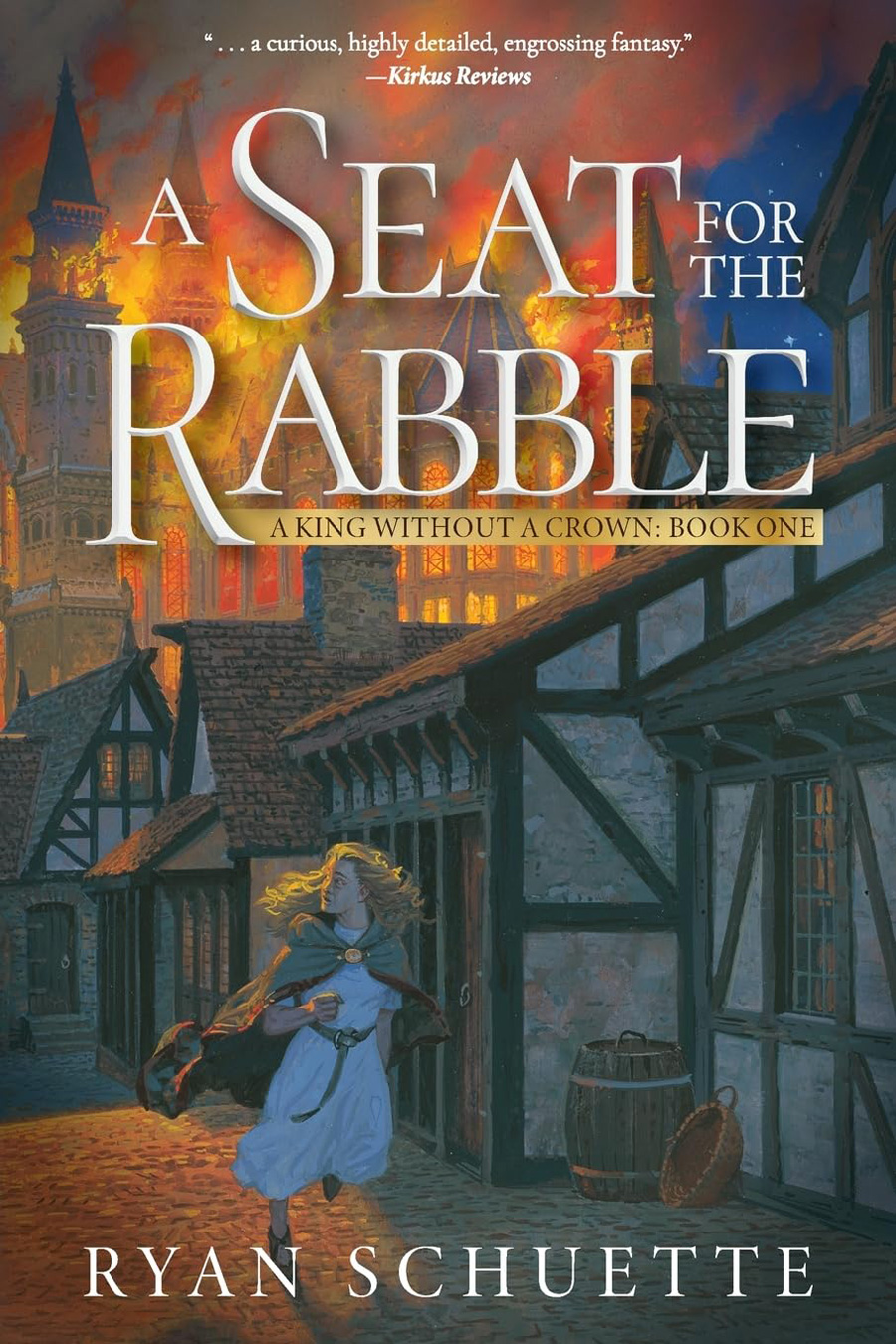After graduating in 2007, Schuette co-founded the Kroo Bay Initiative, a nonprofit
that specialized in assisting with the development needs of a community in Sierra
Leone. The organization allowed UNT students to gain experience managing a nonprofit
and travel to Kroo Bay, where they delivered aid under guidance from Dr. Doug Henry, a professor in the Department of Anthropology.
"We intended to create a class-to-work program at UNT," Schuette says. "Students got
to experience what this other culture is like and what it means to actually work with
these people hand in hand."
The Kroo Bay Initiative was renamed Engaged Beyond Borders in 2012 and it folded in
2018.
However, Schuette's time in Africa was not quite over. With the help of Dr. James Duban, director of the Office for Nationally Competitive Scholarships, he secured a Rotary Ambassadorial Scholarship to live and work in Uganda for a year.
As a 2008-2009 Rotary Ambassador, he studied at Makerere University in Kampala.
"I was just drawn to understand that part of the world," Schuette says. "It was a
transformative year for me."
Schuette served as a freelance reporter for The Daily Monitor and The Independent, a Ugandan newsmagazine. He reported on overcrowded prisons, sexual assault and other
issues in Kampala, the nation's capital.
But it was a near-death brush with malaria in Sierra Leone that shaped how he'd later
approach fantasy fiction.
"Malaria is no walk in the park," Schuette says. "It's the flu times 10 and it kills
millions of people every year."
A Kroo Bay Initiative volunteer and his cousins saved Schuette's life, rushing him
to a hospital and hauling him up several flights of stairs before sunrise. He says
he felt humbled by the unconditional support he received from them and even strangers
in Sierra Leone and Uganda.
"These people may not have had much money, but they were so wealthy in terms of friendship
and family, which matters far more," Schuette says.

